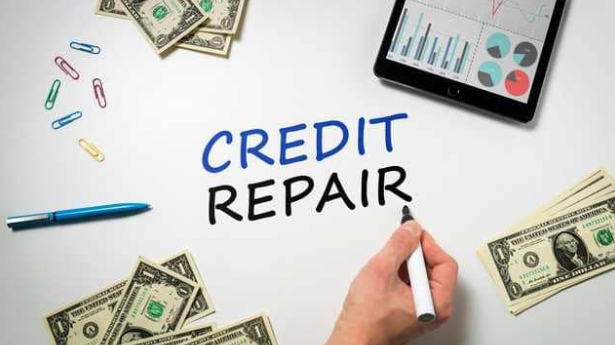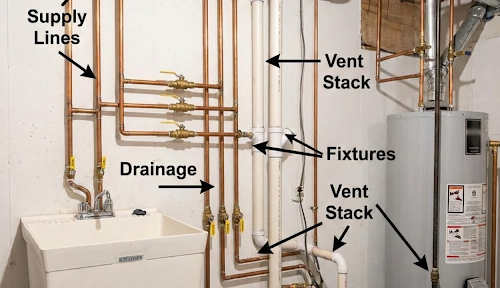Repairing your credit after missed payments and defaults can feel like a daunting task, but it’s absolutely possible with the right approach. Whether you’re trying to recover from financial hardship or just seeking to improve your credit score, the steps outlined below will guide you in rebuilding your credit. If you’re looking to repair your credit, a business credit-building program or working with Reliant Credit Repair can be incredibly beneficial.
1. Check Your Credit Report for Errors
The first step in repairing your credit is to obtain a copy of your credit report from each of the three major credit bureaus: Equifax, Experian, and TransUnion. This report will show you all of your credit activity, including any missed payments or defaults. Carefully review the report for any errors such as incorrect account details, outdated information, or accounts that don’t belong to you. Disputing errors with the credit bureaus can help improve your credit score by removing inaccurate information.
2. Make Timely Payments Going Forward
One of the most critical factors in repairing your credit is consistently making on-time payments going forward. A positive payment history is a significant contributor to your credit score, and it will help rebuild your credit over time. Set up automatic payments or reminders to ensure you never miss a due date again. Paying your bills on time can prevent further damage to your credit and show potential lenders that you’re reliable.
3. Reduce Outstanding Balances
Another effective way to improve your credit score is to reduce the balances on your credit cards and loans. A high credit utilization rate (the ratio of your credit card balance to your credit limit) can negatively affect your score. If possible, focus on paying down high-interest credit cards first, or consider consolidating debt through a loan. A lower balance not only improves your credit score but also reduces the financial strain of carrying debt.
4. Work with a Business Credit Building Program
If you’re a business owner looking to repair and improve your credit, a business credit building program can be a great option. These programs are designed to help you establish a positive credit history for your business, even if you’ve experienced defaults or missed payments in the past. By applying for business credit, managing it responsibly, and building a solid payment history, you can improve both your personal and business credit scores.
5. Negotiate with Creditors
In some cases, creditors may be willing to work with you to resolve past-due accounts. You can contact your creditors and request a payment plan or even negotiate a settlement. For accounts in collections, it’s often possible to negotiate a “pay-for-delete” agreement, where the collection agency agrees to remove the negative information from your credit report in exchange for payment. Make sure you get any agreements in writing to protect yourself from future issues.
6. Consider Using a Credit Repair Service
For those who are overwhelmed by the process of repairing their credit, working with a professional credit repair service like Reliant Credit Repair can be a game-changer. These services specialize in negotiating with creditors, disputing inaccuracies on your credit report, and providing guidance on how to improve your score. While it may require an investment, credit repair services can save you time and help you stay on track during your credit repair journey.
Conclusion
Repairing your credit after missed payments and defaults requires diligence, consistency, and patience. By following the steps outlined above—checking your credit report for errors, making timely payments, reducing balances, and possibly working with a business credit-building program—you’ll be well on your way to improving your credit score. Additionally, utilizing the services of Reliant Credit Repair can provide you with professional support as you navigate the process. With the right tools and strategies, you can repair your credit and regain financial freedom.





